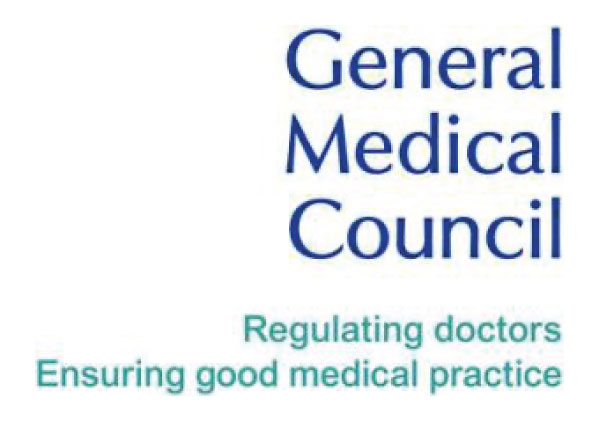
Let’s talk about Hormones
Hormones are super chemicals that are produced by your endocrine glands, they’re released into your bloodstream to send important messages to other parts of your body.
This is why they’re often referred to as ‘chemical messengers’. Hormones are a fundamental part of who we are and how we feel. So, when there’s a hormone imbalance, it can show up in several irritating ways.

Listen to what your body is saying
Hormones do tend to change throughout our lives as we age, and this is perfectly normal. But if our endocrine glands produce too much or too little Estrogen or Testosterone, we can be overcome by physical and mental changes.
Estrogen
is responsible for the development and regulation of the female reproductive system. When it’s balanced, we can feel energised, but having too much can increase anxiety, irritability, panic attacks and obsessive-compulsive tendencies.
Testosterone
is a male sex hormone and plays a crucial role in sperm production. It also affects bone and muscles as well as the way men store fat in their body. Balanced levels of testosterone can make you feel full of energy and ready for anything. An excess of Testosterone can cause feelings of hypersexual, impulsive, and aggressive behaviours. Too little can result libido, cause hot flushes, sweating and fatigue
So, when it comes to hormones, how YOU feel, matters.

How Harmon helps Women
Perimenopause
Perimenopause refers to the time when your body gradually makes its natural transition to Menopause. Women will begin seeing signs and symptoms at different ages, most will be 40 years plus, though some women notice changes as early as their mid-thirties.
What are the symptoms of Perimenopause?
- Irregular periods
- Hot flashes and sleep problems
- Mood changes
- Vaginal and bladder problems
- Decreasing fertility
- Changes in sexual function
- Loss of bone
- Changing cholesterol levels

Once you’ve gone through 12 consecutive months without your monthly period, you’ve officially entered the menopause phase, and the perimenopause phase is officially over.
Menopause
The arrival of menopause signals the end of a woman’s reproductive phase, and it is when periods will stop (hurrah!) due to lower levels of hormones throughout the body. Estrogen and progesterone decrease but it is the dip in estrogen levels that cause the most impact on symptoms of menopause. Menopause typically begins around the ages of 45 and 55 but perimenopause (the phase signalling menopause is on its way) can begin much earlier.
What are the symptoms of Menopause?
- Weight fluctuations and changes
- Mood swings, anxiety, and low self-esteem
- Low emotional wellness
- Headaches and migraines that are worse than normal
- Poor memory or brain fog
- Insomnia and sleeplessness
- Low or no libido
- Vaginal dryness or painful sex
- Irregular periods
- Chronic Fatigue
- Hot flushes and night sweats
- Dizziness
- Heart Palpitations
- Skin may become dry and itchy
- Recurrent urinary tract infections (UTIs)

That’s a tricky one because every woman is unique and her journey through this phase will be different. Generally, it can last a few years, which is why it is so important that you don’t suffer alone and seek help for your menopause symptoms, whether they are mental or physical.
How Harmon helps Men
Peri Andropause
Like women with Perimenopause, there is a gradual decline in hormones leading to a phase called Peri Andropause for men. This is the time before an official diagnosis of Andropause. A gradual decline in testosterone levels will begin at the age of 30 years. Harmon can provide a diagnosis with an initial blood test and a consultation reviewing your symptoms
Just like Menopause, this is a very natural part of the ageing process.

Andropause
Andropause has sometimes been known as ‘the male Menopause’. It is a condition that is associated with a decrease in Testosterone. The male hormone. Unlike when women experience Menopause, the drop in Testosterone levels happens quite gradually as they age
What are the symptoms of Andropause?
- Low sex drive
- Difficulties getting erections or erections that
are not as strong as usual - Lack of energy
- Depression
- Irritability and mood swings
- Loss of strength or muscle mass
- Increased body fat
- Decreased body hair
- Hot flashes
- Male pattern baldness (androgenic alopecia)
- Varicose vein
- Becoming shorter
- Thinner, dry, wrinkled skin

If you are experiencing symptoms of andropause you could be at risk of other serious health conditions such as Osteoporosis, Sarcopenia or Cardiovascular issues, without proper treatment. That’s why it is so important to seek advice If you feel like your body is going through these disruptive changes.
Harmon - Bioidentical Hormone Replacement Therapy (BHRT), personalised for you
At Harmon, we offer compounded Bioidentical Hormone Replacement Therapy (BHRT) which means they are made personal to you and your body’s very unique requirements.
Compounding medication means that your medication is produced just for you and can be altered during your perimenopause, menopause or andropause phases to increase or decrease dosages as your symptoms change.
BHRT is different to HRT in that the hormones are chemically identical to those that our bodies will produce naturally. Bio-identical hormones are recognised by the human body as our own and are less likely to cause any adverse reactions.

How Harmon is changing our members’ lives
Subscribe to our newsletter
Keep up to date with news, blogs and updates from the Harmon team by subscribing to our newsletter








